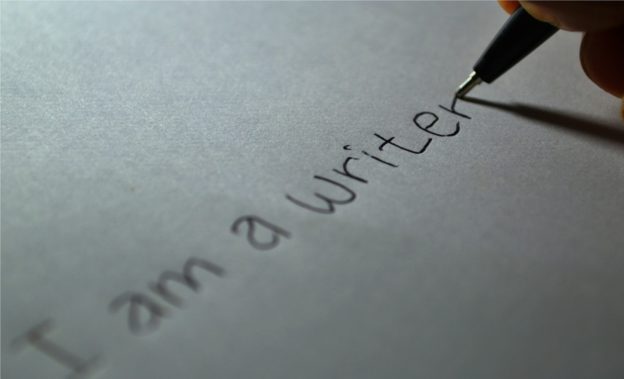Introduction
A long time ago, one of my successful (IELTS 7) students wrote a testimony about me, stating, ‘Teacher Andrew does not use the template approach’. Hmmmm, there is a ‘template approach’?
Later on, I saw an interesting sight. It was an IELTS Writing class. There were twenty-five students sitting side-by-side, while the unsmiling teacher projected ‘model sentences’ on the whiteboard. All the students silently wrote these sentences down, one after the other, on and on and on. I suppose I was looking at the ‘template’ approach in action.
This approach, used by so many IELTS books, schools, and websites has the wrong philosophy. It is teaching students to try to copy good writing, and not write well. Click on ‘Dubious Trends in IELTS Writing‘ to see this discussed in more detail.
The Three Rules
Here are my three rules of good writing.
-
Be concise!
It is evident from the information supplied that overall, firstly, if we compare the profit for Noble Park over the four quarters, the figures show that Noble Park’s profit in all quarters decreases; and secondly, if we make a comparison of the profit for the three clubs, the numbers generally indicate that the profit for Dandenong and Geelong is higher.
As the above example shows, don’t use 60 words when 17 words will do. Use 17 words, then write another 43 words saying more! Remember, being concise does not mean using few words; it simply means making sure that every word adds meaning, which leads to the second rule.
-
Be meaningful!
‘There are a variety of different views of this issue.’
‘As every coin has two sides, so too must we examine the unavoidable disadvantages.’
Write specifically in response to the question. Meaningless statements go nowhere, and achieve nothing, and are unlikely to trick the reader (here, the examiner).
-
Be honest!
‘Recently, the issue of using computers in the classroom has raised heated debate among citizens.’ [No, it has not!]
‘Compelling arguments can be made in support of both viewpoints.’ [Really? This boring topic?]
In Western culture, the purpose of writing is to express honest feelings, opinions, and thoughts. Doing the opposite runs the risk of producing a fabricated, unreal, and often nonsensical piece of writing. It also can also be interpreted as an insult to the reader (here, the IELTS examiner) – and examiners are a product of Western culture. Do you really want to do this?
The Next Step
As mentioned, you could click on ‘Dubious Trends in IELTS Writing‘ for a further examination of this issue, or, on a more positive note, click on the:
‘Analysis of My Sample IELTS Writing Task One‘
… and …
‘Analysis of My Sample IELTS Writing Task Two‘,
… to see two sample writing pieces which follow these three rules (and the ‘golden rule’ [See ‘Dubious Trends‘ introduction]) – and which (in my opinion) would certainly easily receive the highest IELTS mark. Read and study these, and keep working through the hints, exercises, and advice on this website. Think also about buying my IELTS books. This approach is not an instant answer, but it is the true road forward to success in IELTS.
